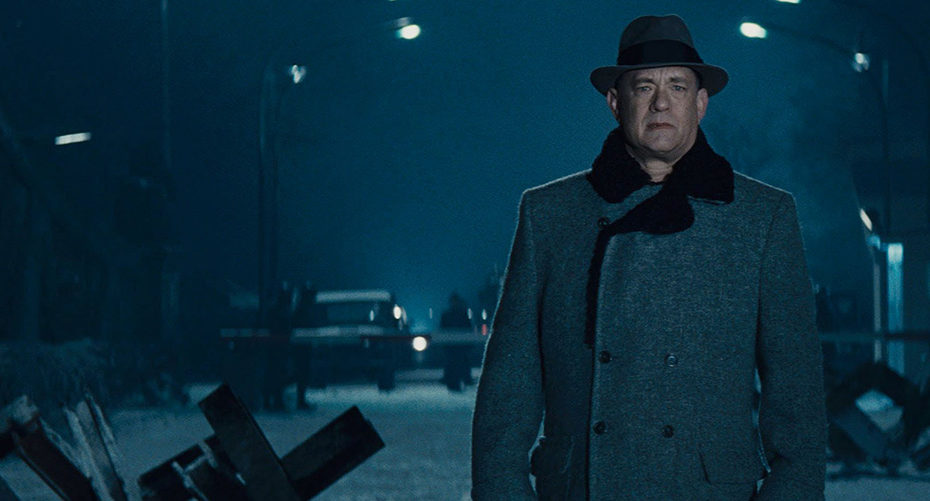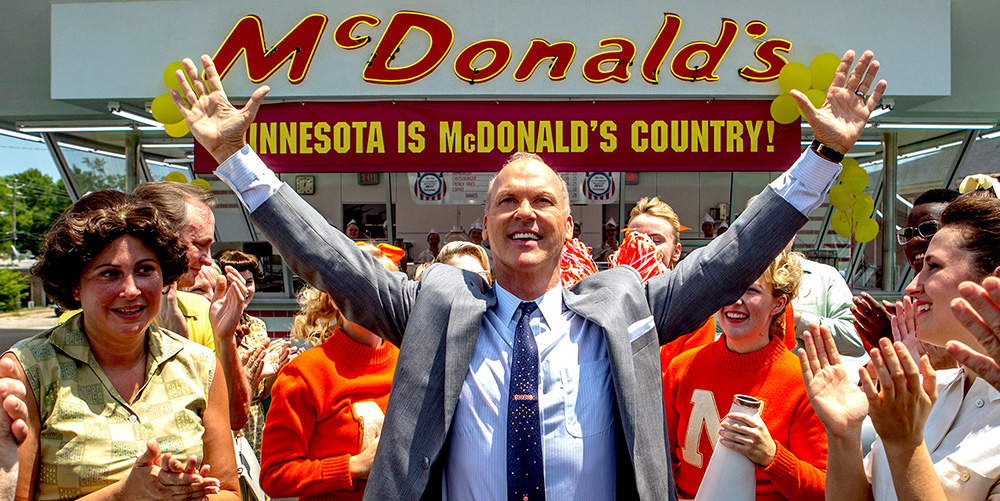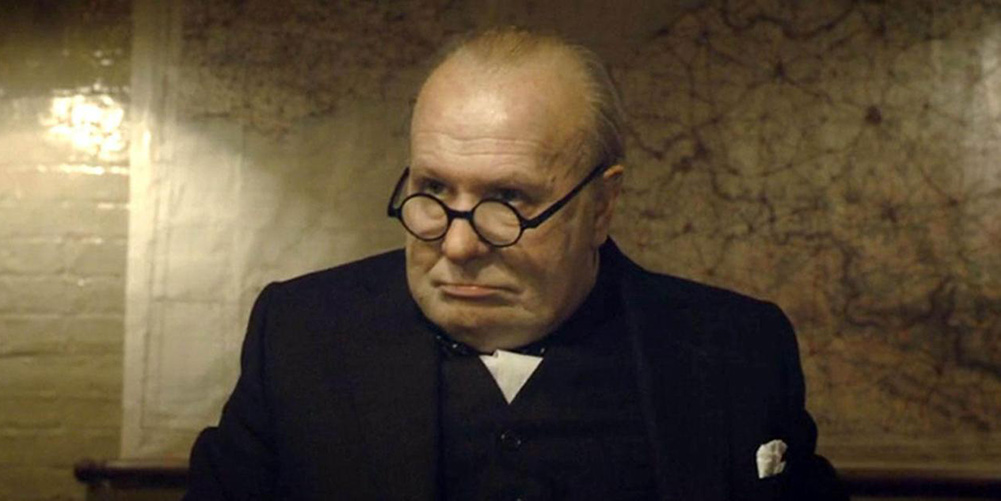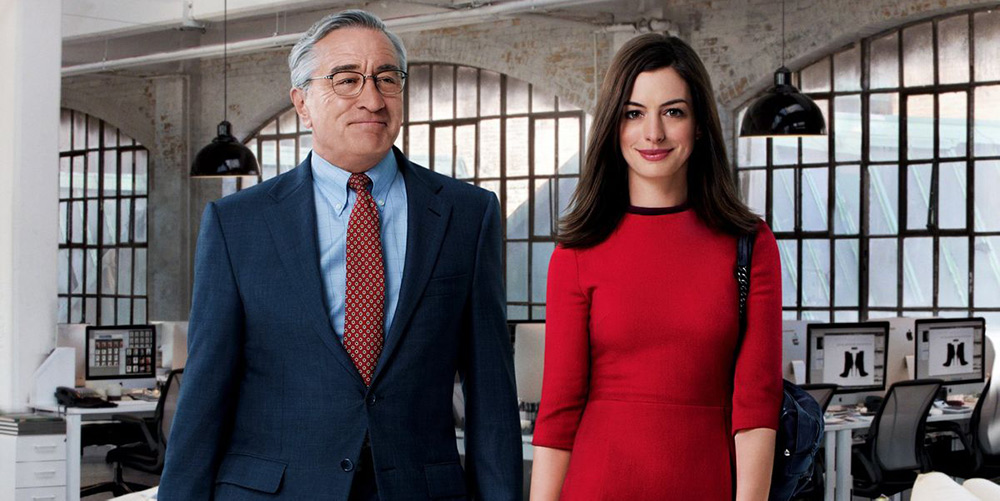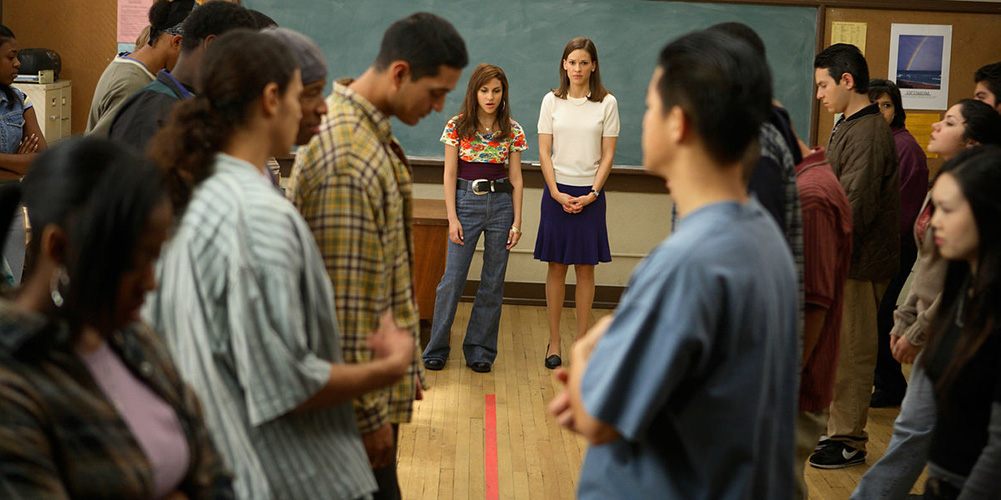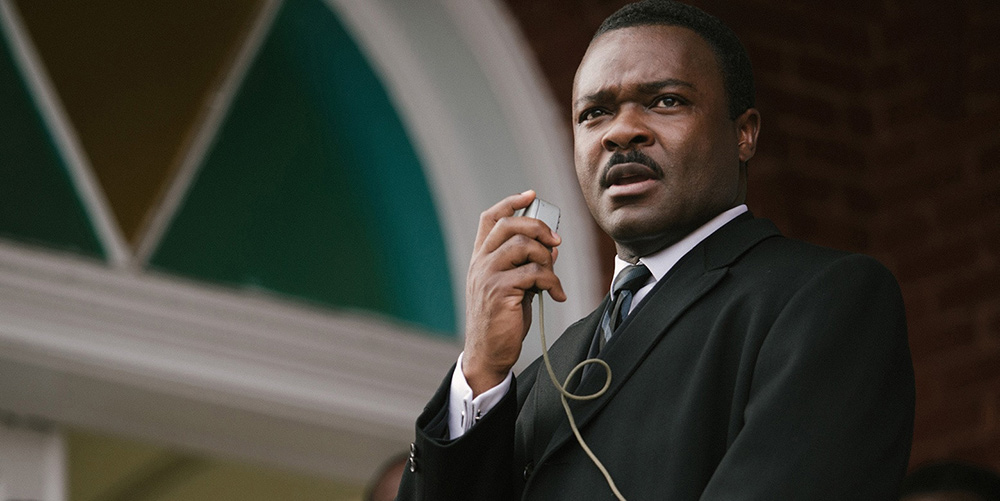One of the best exponents of Kouzes and Posner’s leadership behaviour of ‘model the way’ is surely Nelson Mandela. Both Invictus and Mandela: Long Walk to Freedom illustrate this as Mandela overcomes his personal feelings of bitterness and anger to model the behaviours needed to create a new South Africa: forgiveness and reconciliation.
But last year’s excellent Bridge of Spies offers another role model: James Donovan, the property lawyer portrayed by Tom Hanks. Donovan finds himself drawn into the unfamiliar world of espionage and Cold War politics when asked to represent the captured Russian spy, Rudolf Abel.
Modelling the way, write Kouzes and Posner, requires leaders to be clear about their guiding principles, and to be prepared to talk about what they hold as important. They then need to model their deep commitment to those beliefs through their daily actions – inspiring people to follow them as a result.
Donovan leaves little doubt that his actions are driven by his deepest beliefs and values. In the scene below, CIA agent Hoffman attempts to pressure Donovan into passing information on Abel to the CIA. Donovan politely reminds him such actions would be against the law: a law even the CIA is bound by.
Donovan’s commitment to his values sees him act in a way others find extraordinary. He fights for Abel’s rights when his own boss, the judges, the Government and most of the general public want a speedy conviction. His reward is vilification in the press, and even personal danger for him and his family when his house is attacked.
This commitment to doing the right thing is recognised by the super-relaxed Russian spy Abel – another man who acts with integrity by refusing to reveal Russian secrets to save himself. Perhaps that’s why the two men get on so well. In the touching scene below, Abel reveals his respect for Donovan, and his recognition of the pressure he’s under.
Neither is Donovan afraid to do what he thinks is right, even when his superiors disagree with him. This is evident when he extends his remit, against Government instructions, to negotiate the release not just of captured American pilot Gary Powers, but of another detainee, Frederic Pryor, an economics student deemed expendable by the authorities.
At the end of the movie, in the plane home from Berlin, freed American pilot Gary Powers is keen to make his disinterested rescuers understand that he didn’t hand over any secrets. “It doesn’t matter,” Donovan tells him. “You know what you did.”
This statement sums up Donovan’s ethos. If he behaves in a way that’s true to his values, then that’s enough for him – regardless of what other people think.
This commitment to being content to know what you did – without feeling the need for everyone else to know – is discussed by David Brooks in his book The Road to Character.
Each person, says Brooks, is composed of two competing personality types, called ‘Adams’. Depending on society’s prevailing culture, people lean toward one or the other type.
Our ‘Adam I’ type projects outwards, craving success, career, social status – and will fight to achieve them. Our ‘Adam II’ type projects inwards, driven by a strong moral compass and striving to act in line with it.
Our prevailing culture, Brooks argues, is dominated by personalities that project outward. But Donovan’s personality projects inwards: as long as you know you’re acting honourably, that’s the only thing that matters.
Eventually, Donovan is recognised for his efforts by the media and the public. But for him, the satisfaction of acting in line with his principles and values is enough.
And in this respect he’s a great example of modelling the way. He knows what his values are, what he stands for, and displays those principles in every action he takes, irrespective of outside pressures.
